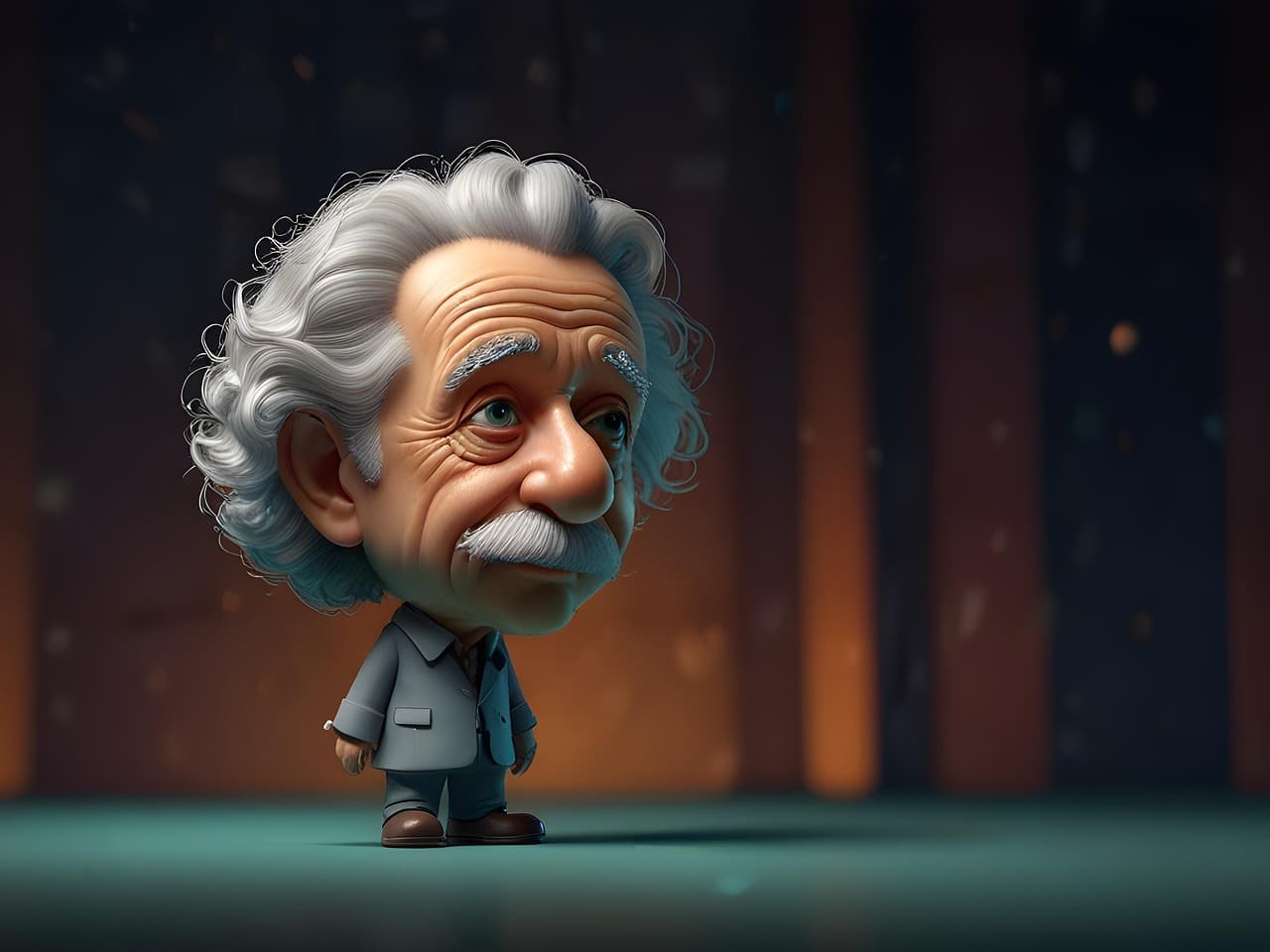
The Nobel prizes that revolutionized the world
The Nobel Prize is one of the most prestigious awards in the world, given to those who have made significant contributions to science, technology, medicine, and peace. Among the many winners, some have left an indelible mark on modern society through inventions and discoveries that have changed the way we live. In this article, we will explore some of the Nobel Prize-winning technological and computing innovations that have had a revolutionary impact on the world.
1. The Transistor – Nobel Prize in Physics 1956
Winners: John Bardeen, William Shockley, and Walter Brattain
The invention of the transistor was one of the greatest technological revolutions of the 20th century. This small electronic component replaced bulky vacuum tubes, enabling the miniaturization of electronic devices and ushering in the era of modern computing. Without the transistor, we would not have computers, smartphones, the internet, and many of the technologies we take for granted today.
2. The Laser – Nobel Prize in Physics 1964
Winners: Charles H. Townes, Nicolay Basov, and Aleksandr Prokhorov
The laser has had revolutionary applications in many fields, from medicine (laser surgery, ophthalmology) to telecommunications (fiber optics) and industrial production (cutting and welding materials). Today, lasers are found in countless everyday devices, such as CD/DVD players, barcode scanners, and precision measurement tools.
3. Magnetic Resonance Imaging (MRI) – Nobel Prize in Medicine 2003
Winners: Paul Lauterbur and Peter Mansfield
Magnetic Resonance Imaging (MRI) has revolutionized medical diagnostics by allowing detailed images of the human body without invasive procedures. This technology has greatly improved the early detection of diseases such as tumors and neurological disorders, saving millions of lives.
4. The World Wide Web – Turing Award 2016 (The “Nobel Prize” of Computing)
Winner: Sir Tim Berners-Lee
Although there is no Nobel Prize for computing, the Turing Award is considered its equivalent. Tim Berners-Lee created the World Wide Web, the technology that made internet browsing possible. Its impact is immeasurable: the web has transformed how we work, communicate, access information, and shop, ushering in the digital age.
5. Information Theory – Nobel Prize in Physics 2022
Winners: Alain Aspect, John Clauser, and Anton Zeilinger
Their studies on quantum entanglement have paved the way for quantum computing and quantum-secure communications. While quantum computers are still in development, they have the potential to revolutionize computing and cryptography, solving problems impossible for traditional computers.
6. GPS – Nobel Prize in Physics 2019
Winners: James Peebles, Michel Mayor, and Didier Queloz
Although GPS is the result of long-term development, Einstein’s theory of general relativity and recent studies on the structure of the universe (awarded in 2019) have made this technology possible. The Global Positioning System (GPS) is essential for navigation, transportation, precision agriculture, and telecommunications.








